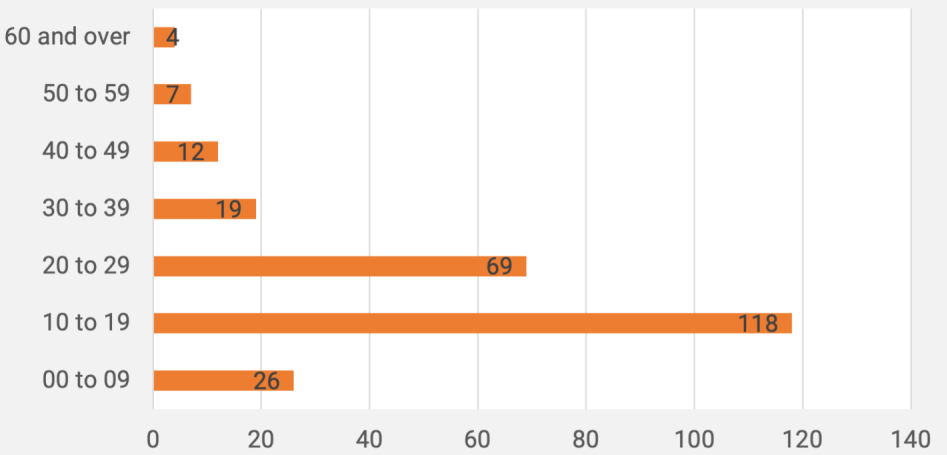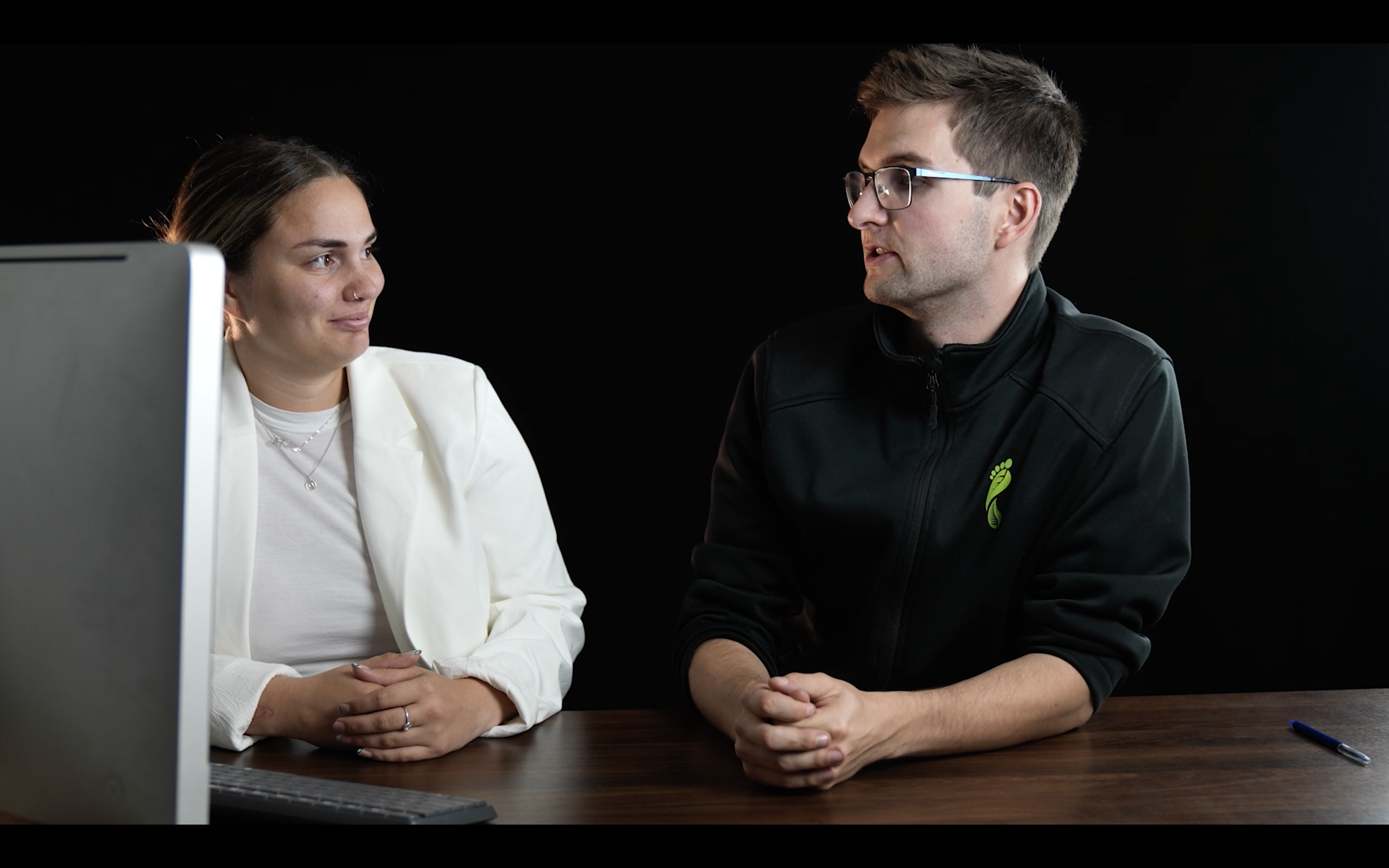LOGIN:
My oldest daughter has been home for the week, bringing her irrepressible wild tiger energy, her joy for life and her gourmet cooking practices with her. As she reclaimed the Bluetooth vibes she would sing her heart out to a concert of spectacular, including the fabulous Emmy Meli:
I am woman, I am fearless
I am sexy, I am divine
I am unbeatable, I am creative
Honey, you can get in line
I am feminine, I am masculine
I am anything I want
I can teach you, I can love you
If you got it going on
It came at a great time for the words to be heard. There was one line in particular that got me:
I am what I like to be
When I ask for what I want
Somehow it finds me.
Visualisation of all we want to be; the dreams and aspirations we have for our world, is fundamental to a Whānau Ora approach. It reminds us that no one can constrain or control us; that we are the architects of our own grand plans. Whether it is external forces or internal attitudes, we all have the capacity to be leaders, to be fearless, to fight for what is right, to live our best life.
And that is very much the message that we know we are prepared for as the nation enters into Phase 3 of the Traffic Light Framework. We know what is best for our whānau. It may mean we need to hang a sign on the door – no manuhiri at this time please. It may be we take particular caution about who enters our whare; the protocols we abide by in our own entry to home. We have to focus on our wellbeing, to make manifest the strength within, so whānau can be well.
Whether it is external forces or internal attitudes, we all have the capacity to be leaders, to be fearless, to fight for what is right, to live our best life.

Te Waipounamu Active Cases by Age – New cases on Thursday 24 February 2022
The oft-quoted wisdom of Te Rarawa māreikura, Dame Whina Cooper has been playing in mind as I look at pictures of the children playing in the midst of protest; or when I see the latest statistics of how this virus is impacting disproportionately on our young.
The high impact of Omicron particularly in the student population in Ōtākou has been a huge concern for us all this week, and our hearts go out to Te Kāika and all the student ambassadors who are doing so much to keep up with the rapid spread of the virus across the campus. We have to pull out all the stops, do whatever it takes to keep our children safe; to protect our mokopuna from harm; to provide a sanctuary in our home from the virulence of a global pandemic.
Our approach to the new funding will be particularly targeted towards supporting whānau through Mokopuna Ora, through kura, through Navigator Partners and through any means that can heighten a focus on wellbeing of our tamariki and rangatahi.
On Thursday we presented our submission on the Oversight of Oranga Tamariki System and Children and Young People’s Commission Bill to the Social Services and Community Committee of Parliament.
In November 2020, former Oranga Tamariki Chief Executive Gráinne Moss admitted to structural racism within the organisation and stated that this racist system has caused “adverse effects for tamariki Māori, whānau, hapū and iwi” (WAI 2915, 2021, p. 5).
It is only two months ago, in November 2021, that Hāha-uri, Hāha-tea, a new report by Ihi Research, detailed the over-representation of tamariki Māori in state care, as well as the chronic systemic and structural racism and abuse experienced within the system.
It is imperative that this research result in justice for affected whānau, and a commitment to overhauling the system to prevent further harm. This Bill provides an opportunity for the Government to address this history of systemic racism. WAI 2915 and Pūao-Te-Ata-Tū reports, written 33-years apart, both reiterate the discriminatory structures of Oranga Tamariki and the intergenerational harm inflicted by this system for whānau Māori, and offer solutions that are still relevant today.
In our submission we talked about Pūao-te-ata-tū as a landmark report released in 1988, produced by the Ministerial Advisory Committee on a Māori Perspective for the Department of Social Welfare. It was a detailed commentary and enquiry into racism within New Zealand society, and in particular within the Department of Social Welfare.
It described a “litany of sound”, stating that the Department’s child care processes were undermining the basis of Māori society, leading to a powerlessness and denigration of culture and a disconnect between generations: “the young and the elderly expressed heartfelt loss of each other through processes which keep them apart.”
For our presentation, our pouwhakataki, Eileen Wolland, supported 16 year old Zhevahna Fawcett to share her views with the Committee. It was truly powerful to hear this brave young woman reflect on her experience. Equally profound was the respect that each of the members of the Parliament gave her in acknowledging her strength in coming forward. Truly a great moment. I am so grateful for heroic honesty like that of Zhevahna, to help lead us forwards.
Earlier this week we were delighted to learn that the Government is dedicating $140 million to the Māori and Pasifika response to Omicron. As the Whānau Ora commissioning agency for the South Island, Te Pūthaitanga o Te Waipounamu will be receiving some of this pūtea to provide wraparound support to whānau affected by the pandemic. We have been working closely with our Whānau Ora partners and entities to identify the most effective ways to distribute this funding.
Our focus is on ensuring the greatest reach and coverage so that whānau – whatever the circumstances – have an opportunity for support if required. We will also be opening a short-term fund Te Pūtea Whakatere on 1 March. We will be accepting applications for community initiatives that address the hardship created by Omicron, particularly those focused on tamariki and rangatahi; tāngata whaikaha and rural communities. Application forms for this fund will be available on our website from next week.
Over the past week Omicron has well and truly spread throughout the motu, and our southern communities have been particularly affected. The rapidly increasing case numbers are a new challenge for community providers in the regions, and we want to acknowledge our Māori health and social services who are stepping up to meet it head on.
In Ōtepoti, an outbreak within the University of Otago community has created huge pressure for Te Kāika, who have been called upon to support affected students – many of whom have only just moved to the city for the start of the university year, and who don’t have the pūtea to purchase the kai and hygiene products needed while self-isolating. We have remained in close contact with the team at Te Kāika to provide help so that they can support the whānau they are seeing in the best ways possible.
As case numbers continue to climb across the country, the Government has announced the transition to Phase 3 of the national response. This will mean some key changes, particularly around the use of rapid antigen tests (RATs) and self-isolation requirements for close contacts.
If you test positive for COVID-19, you are still required to isolate for 10 days. Most positive cases will manage their illness at home, although medical attention will always be available if your symptoms are severe. If someone in your whare tests positive, you are a household contact and will also need to isolate for 10 days, and will need to get a test on days 3 and 10. Other close contacts do not need to self-isolate, although they should self-monitor and get a test if they become māuiui.
We know that there is an information overload going on right now, and that many whānau can’t keep up with the changes. Visit the official COVID-19 website for a full explanation of what Phase 3 means for you.
On Thursday Ataahua Solomon from Lazy Lunches was invited to Tuahiwi School to meet with Prime Minister Jacinda Ardern and Rino Tirikatene. The visit was an opportunity for the Prime Minister to check out the Ka Ora, Ka Ako – Health Lunches in Schools programme. Lazy Lunches is one of our past Wave entities, and was formed to supply nutritional kai to tamariki whose whānau may not have the time, knowledge, money or means to make and supply healthy food for school lunches. Although they have since expanded, Tuahiwi School was their pilot programme and it was wonderful to see Ataahua’s hard work recognised by the Prime Minister.
This week we received an update from our partners at Digital Wings, who have been working hard over the past year to put together a series of Rangatahi Tech Resilience videos. These videos were created in response to community demand for videos that would help rangatahi understand more about their online footprint and how to keep their information safe. Click here to check out the library of videos – and make sure to look out for our very own Toihi Mahuika-Wright as one of the rangatahi actors.

Kaimahi Toihi Mahuika-Wright on camera